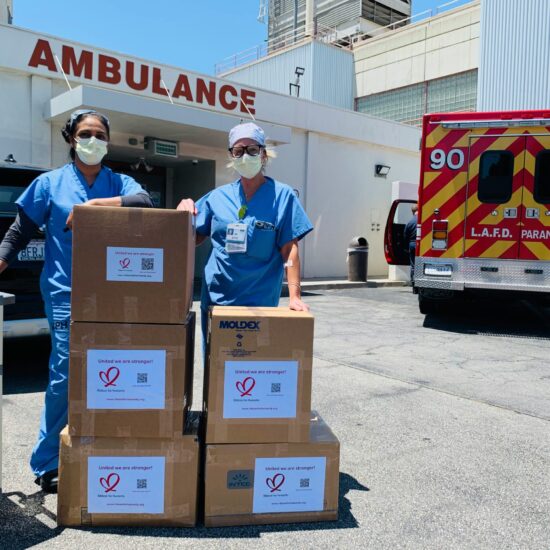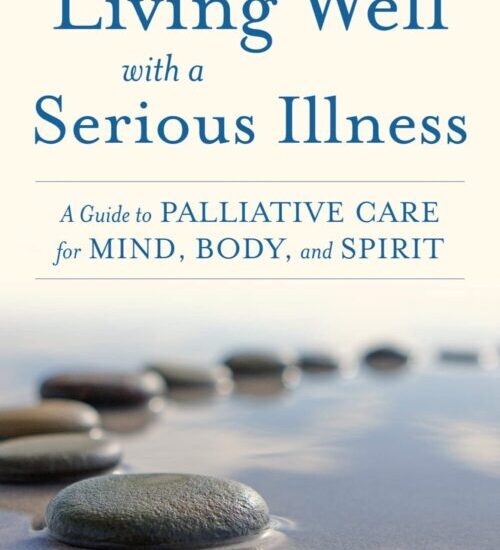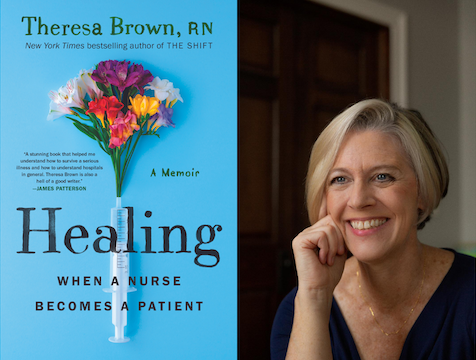This post was first published on The New York Academy of Medicine’s Urban Health Matters Blog on Monday, May 2, 2016 and is reposted here with permission from the NYAM.
Barbara Glickstein is co-director of The Center for Health, Media & Policy at Hunter College City University of New York and a member of the Academy Fellows Section on Nursing.
Spending intimate time with people who are dying, and their families or caregivers, is part of being a registered nurse. All too often, a nurse‘s clinical expertise and heightened intuition informs them of a shared truth at a critical time—they, and their patients, often know when death is not far away. But the word “death“ is never uttered.
In those moments, nurses often stand silent and morally conflicted as an all-too-familiar scenario unfolds. An attending physician offers the patient and family another treatment option. The first two failed miserably. The nurse silently wonders, “This person is dying—why isn’t the option of calling in palliative care being discussed?“ The patient looks to their loved ones for an answer. They say “yes“ to the physician, please go ahead and schedule the treatment as soon as possible. [continue reading here]









